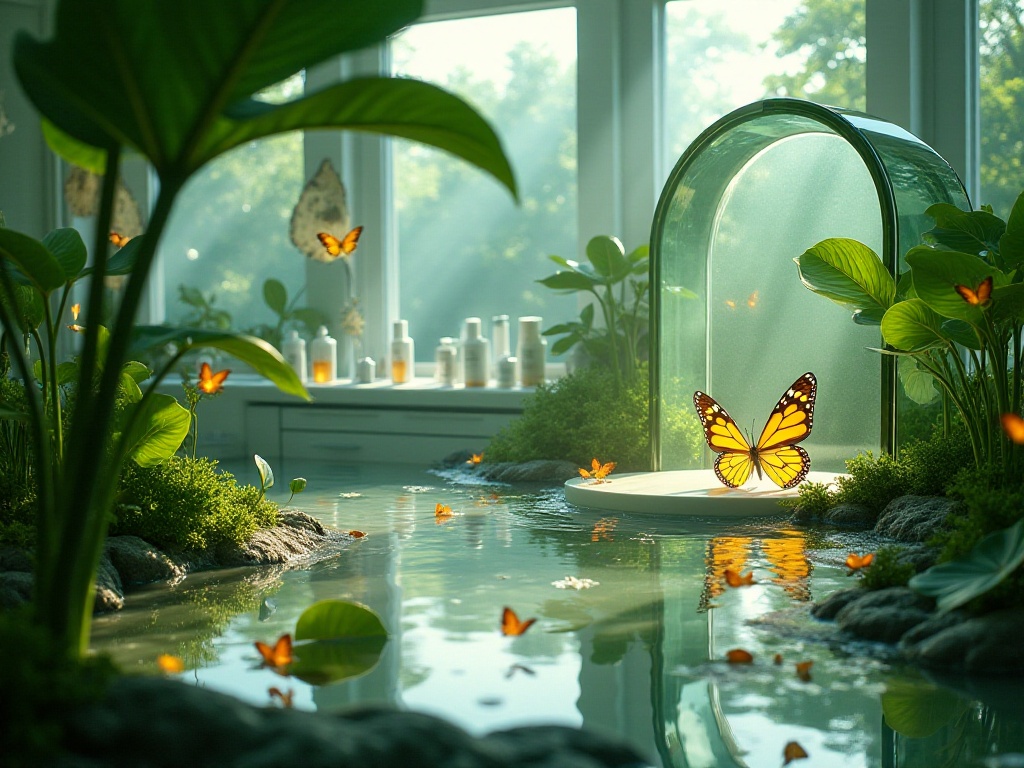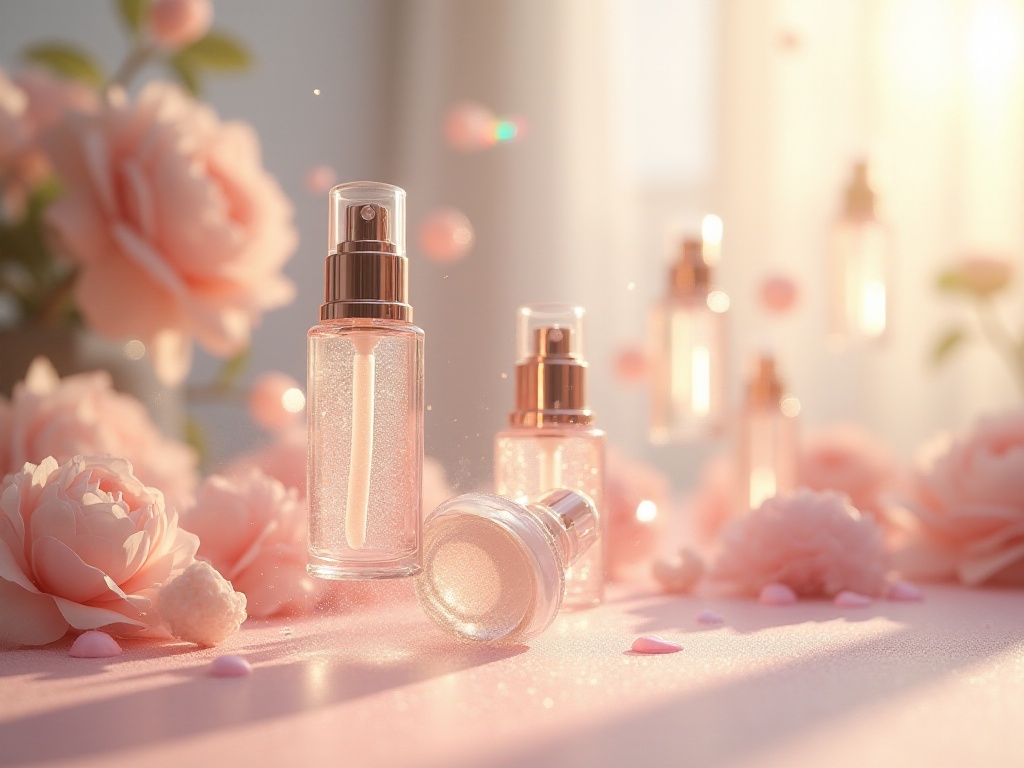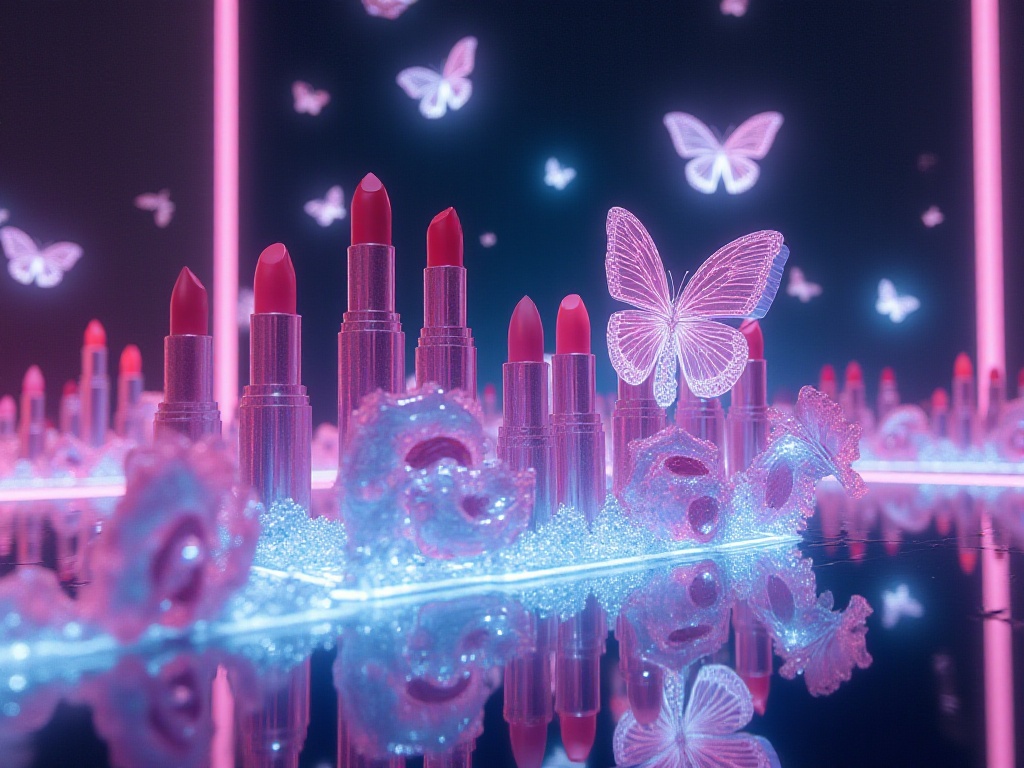Opening Chat
Having just celebrated my 25th birthday, looking at myself in the mirror, I feel like I've noticed some fine lines around my eyes, and I've unconsciously started looking for the best angles when taking photos. As a beauty blogger who studies skincare ingredient lists daily, I deeply feel the traces of time quietly creeping onto my face. A few days ago, I had a comprehensive skin assessment and found that my collagen loss had reached 15%, which really scared me. Thinking about my habits of staying up late watching shows, drinking bubble tea, and sitting for long periods, I finally realized it's time to take skincare seriously.
Why Start Anti-aging Early
Whenever I post anti-aging content on social media, people often say, "Isn't 25 too early to start anti-aging?" But the truth is, our bodies have already started aging secretly. According to research by the International Association of Dermatologists, women's skin begins losing 1% of collagen annually from age 25. After 30, this loss rate accelerates to 2% per year. This means if we don't take timely measures, we might lose 5-6% of our collagen by 30, and this loss is irreversible.
Those signs that make us look older, like nasolabial folds and eye wrinkles, actually start forming in our twenties. I remember at a skincare lecture last year, a dermatologist showed ultrasound images revealing that many women around 25 already showed early signs of collagen loss. While these changes aren't visible to the naked eye, they're the "foreshadowing" of future aging.
Last year, I met a 40-year-old fashion magazine editor-in-chief whose skin was in excellent condition, showing no signs of age. She told me she had been systematically taking care of her skin since 25, which earned her significant "anti-aging dividends" after 35. In contrast, some of my friends my age, who thought they were too young to worry about skincare, are now struggling with noticeable fine lines and sagging.
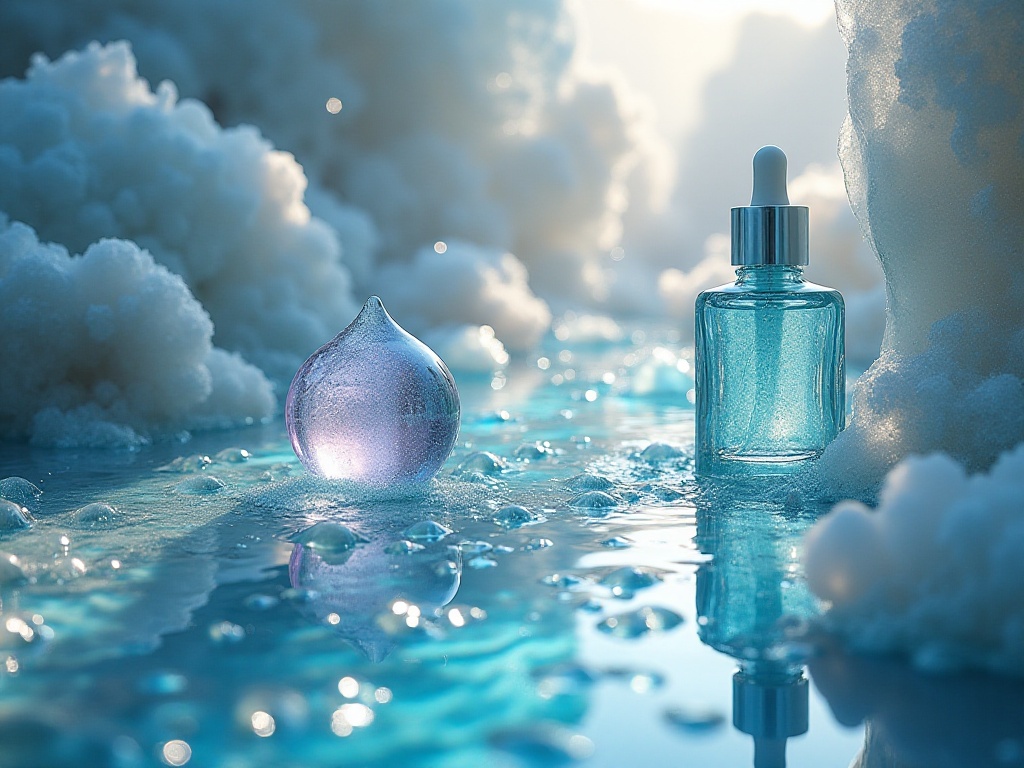
Anti-aging Misconceptions
When it comes to anti-aging, many people's first reaction is to stockpile expensive skincare products or head straight to aesthetic clinics. Last month, one of my followers messaged me saying she had spent tens of thousands on skincare products and was planning to get hyaluronic acid injections. However, anti-aging is actually a systematic project requiring long-term commitment, and relying solely on skincare products or aesthetic procedures isn't enough.
At a medical aesthetics exhibition last year, I met an expert who had researched dermatology for over 20 years. She said something that left a deep impression on me: "Even the most expensive skincare products can't compete with good lifestyle habits." She explained that 70% of skin health depends on daily care and lifestyle habits, while only 30% depends on skincare products and aesthetic procedures.
Another common misconception is that using more skincare products yields better results. I've seen people layer seven or eight products at night, only to find their skin getting worse. Skincare product use should be precise and moderate; excessive skincare can actually burden the skin.
Some people think good sun protection is all they need, but in reality, sun protection is just one aspect of anti-aging. A dermatologist I know often emphasizes: "Sun protection is important, but relying solely on it without other skincare steps isn't enough."
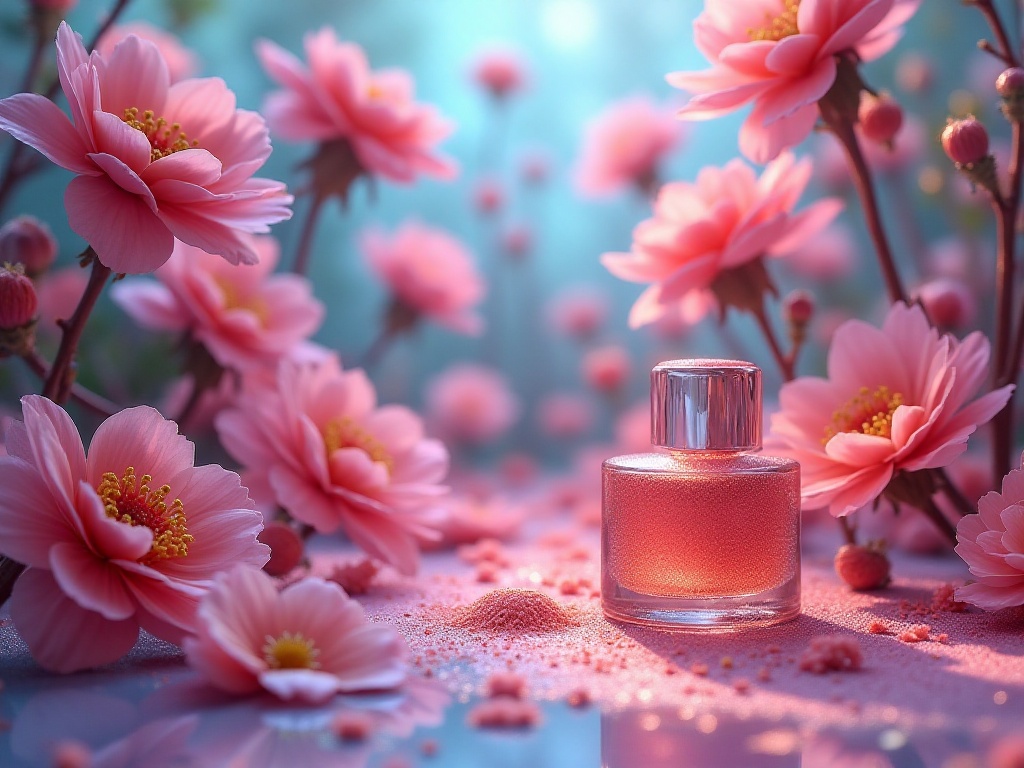
Scientific Skincare
Regarding specific skincare steps, I'd like to share a beneficial skincare golden formula: cleansing, hydration, sun protection, and antioxidation. While this formula seems simple, each step is significant.
First is cleansing. Many people think washing their face is just about creating foam, but it's not that simple. The correct cleansing method should involve choosing suitable cleansing products based on skin type, ensuring thorough cleansing without damaging the skin barrier. I now use a double cleansing method, first with an oil-based cleanser for makeup removal, followed by a gentle amino acid face wash for the second cleanse. Water temperature is also crucial - use warm water, as high temperatures can irritate the skin, causing redness and sensitivity.
Hydration is equally important. My hydration strategy is "multi-level hydration," from toner to serum, then lotion and cream, ensuring thorough absorption at each step. When using toner, I gently pat with my palms to help the product penetrate better. When choosing hydrating products, check the ingredient list - hyaluronic acid and ceramides are excellent for hydration.
Regarding antioxidation, Vitamin C is essential. But many don't know there are specific rules for using Vitamin C. I usually use Vitamin C serum in the morning because it works synergistically with sunscreen to fight free radical damage from UV rays. Also, Vitamin C products should be stored away from light, preferably in brown bottles.
Vitamin A (retinol) is crucial for evening care. It's currently the most proven effective anti-aging ingredient, but use must be gradual. I started with 0.025% concentration, using it twice weekly, gradually increasing to three times a week now. When using retinol, sun protection is essential as it increases skin sensitivity to sunlight.
My complete evening skincare routine is: 1. Oil-based cleansing (cleansing oil or balm) 2. Water-based cleansing (amino acid face wash) 3. Toner (three-layer hydration method) 4. Serum (choosing antioxidant or hydrating serum based on skin condition) 5. Lotion 6. Cream (moisture lock-in)
Morning skincare routine is simpler: 1. Water cleansing (avoid over-cleansing) 2. Toner 3. Sunscreen (SPF50+ PA++++)
Choosing sunscreen is also crucial. I select different sunscreens for different scenarios. For office days, I choose a light sunscreen lotion; for outdoor activities, I use water and sweat-resistant sunscreen, reapplying every two hours.
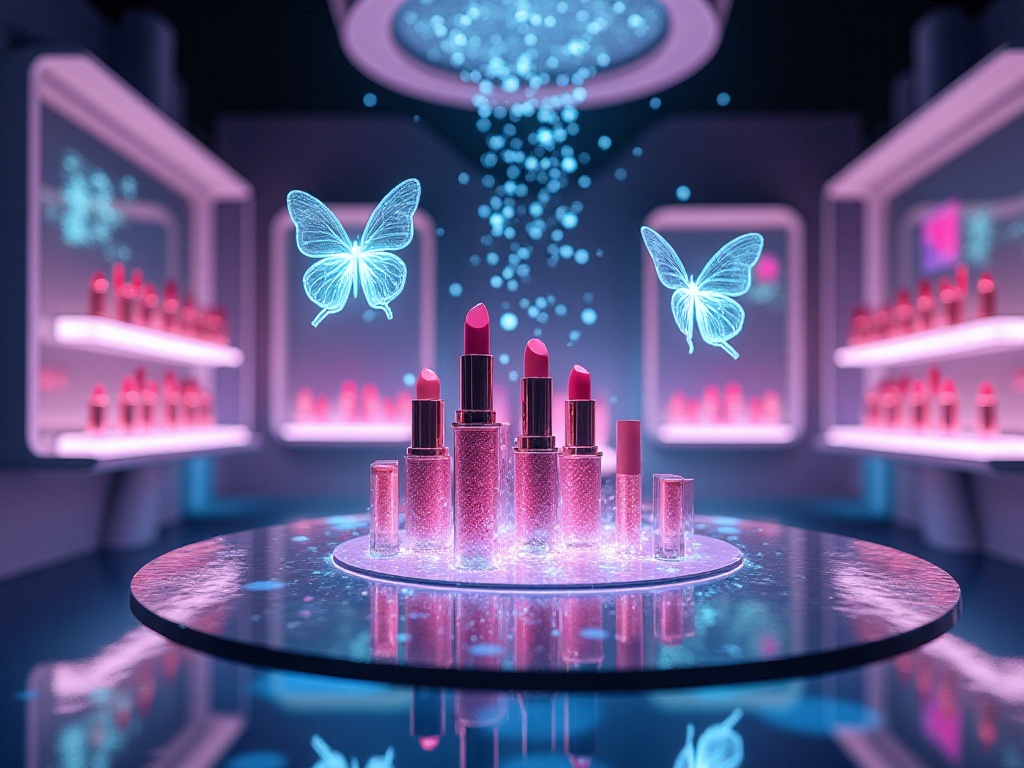
Lifestyle Habits
After discussing skincare products, let's talk about the more important lifestyle habits. Even the best skincare products won't be fully effective without improved lifestyle habits.
First is sleep quality. According to Harvard Medical School research, lack of sleep reduces skin cell regeneration by 30%, directly affecting skin repair and renewal. I used to stay up late watching shows, but now I'm in bed before 11 PM, ensuring 7-8 hours of sleep. I've found that avoiding phone use an hour before bed significantly improves sleep quality.
I've also set a rule: weekend sleep-ins shouldn't exceed one hour. Oversleeping can disrupt the biological clock, leading to unstable skin condition. Now waking up naturally each morning, my skin condition has indeed improved significantly.
Exercise is also crucial for anti-aging. I now run for 30 minutes every morning and go to the gym three times weekly for strength training. Aerobic exercise promotes blood circulation and increases skin elasticity; strength training prevents muscle loss and maintains facial contours. Post-exercise sweating also helps eliminate toxins, making skin more translucent.
Posture during work needs attention too. Long periods of looking down at phones or computers can cause neck wrinkles. I now consciously maintain straight cervical posture and move around every hour. I also keep a humidifier in the office to maintain proper air humidity, preventing accelerated aging from dry skin.
Stress management is equally important. I've noticed my skin condition worsens when I'm in a bad mood. Now I spend 15 minutes daily meditating or doing yoga, which not only relieves stress but also improves sleep quality.
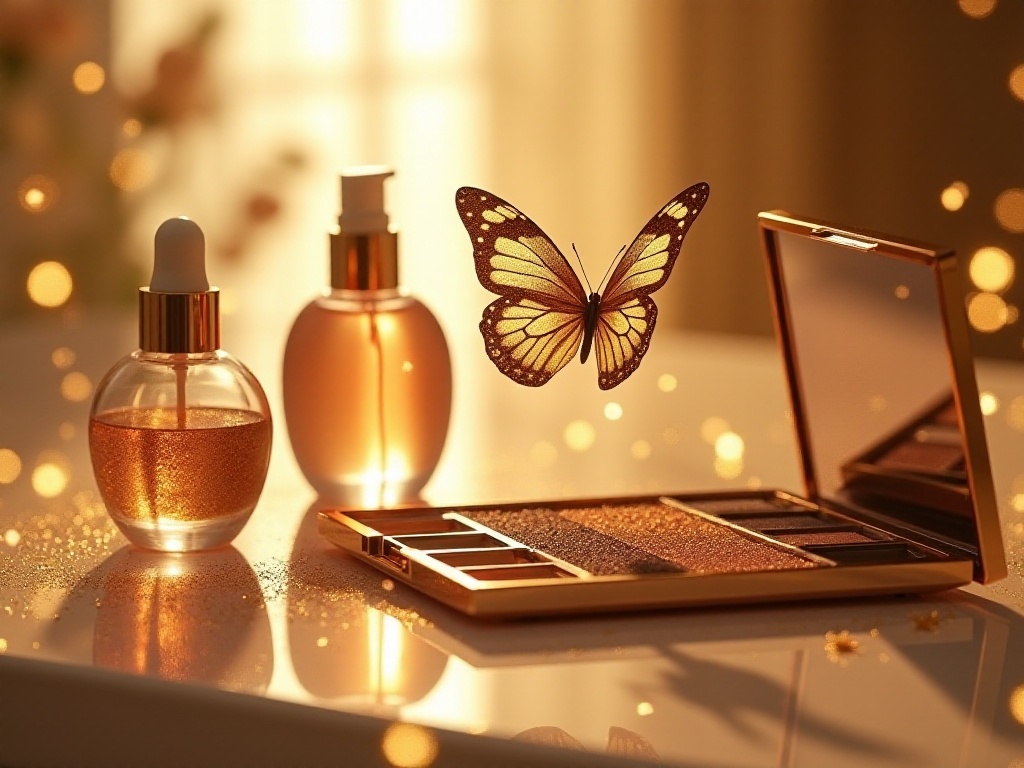
Dietary Recommendations
Regarding anti-aging, diet might be even more important than skincare products. My current dietary principles are: high protein, low sugar, plenty of fruits and vegetables.
Protein is crucial for maintaining skin elasticity. I ensure sufficient high-quality protein intake daily, including chicken breast, eggs, and soy products. Deep-sea fish is essential as they're rich in omega-3 fatty acids, particularly beneficial for skin health. According to American Nutrition Society data, people who eat deep-sea fish three times or more weekly age 20% slower than average.
Fruits and vegetables contain rich antioxidants. Dark-colored foods like blueberries, strawberries, and broccoli should be eaten frequently as they're rich in anthocyanins and Vitamin C. I eat a handful of blueberries daily as both a snack and anti-aging measure.
Nuts are also great for anti-aging. I eat a small handful of mixed nuts daily, including walnuts, almonds, and cashews. These nuts are rich in Vitamin E and unsaturated fatty acids, very beneficial for skin.
Sugar control is particularly important. Excess sugar leads to glycation, accelerating collagen breakdown. I've now limited bubble tea to once weekly, choosing sugar-free or low-sugar options. When drinking coffee, I choose Americano without sugar or creamer.
Collagen supplementation is also key. Besides eating collagen-rich foods like fish skin and pork skin, I also drink collagen powder. However, it's important to choose small-molecule collagen powder for better absorption.
Water intake is equally important. I drink at least 2 liters daily, deliberately avoiding large amounts before and after meals to prevent affecting digestion and absorption. I stop drinking water two hours before bed to prevent bloating.
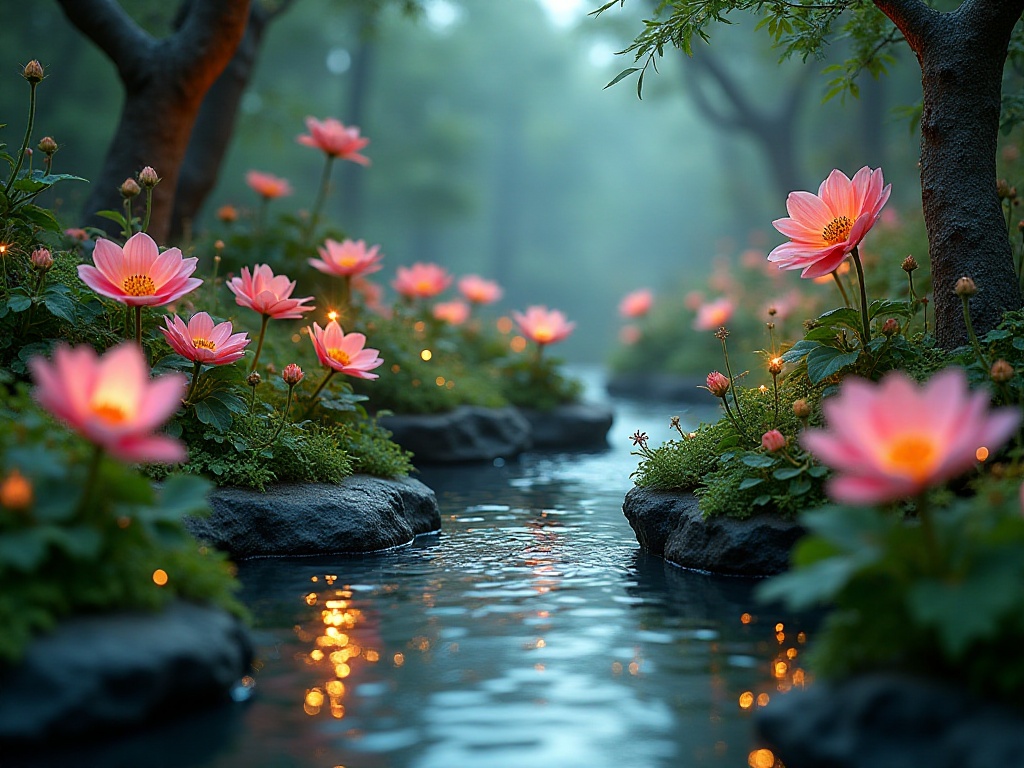
Results Sharing
After three months of persistence, I've noticed clear changes. Not just in data (collagen loss reduced from 15% to 12%, skin elasticity increased by 15%), but more importantly, my overall condition has improved.
My skin has become more radiant and elastic, with less frequent redness. Morning facial bloating has significantly reduced, making makeup application easier.
Most excitingly, the forehead lines that used to trouble me seem to have faded. While this might be related to retinol use, I think it's more due to regular lifestyle habits allowing sufficient skin rest and repair.
Friends often comment on my improved complexion, asking if I've had any treatments. Actually, I haven't - these seemingly simple habits, when maintained, show results.
Conclusion and Future Outlook
Anti-aging is actually about being responsible for yourself, a lifestyle choice. It's not just about appearance but pursuing a healthy lifestyle. Through these three months of practice, I deeply understand that truly effective anti-aging is a gradual process requiring comprehensive changes from inside out.
Now, I can feel my skin improving day by day, which gives me great sense of achievement and confidence. Although this process requires time and effort, seeing a younger self in the mirror makes it all worthwhile.
What do you think? Feel free to share your anti-aging experiences in the comments. Next time, we'll discuss how to choose suitable anti-aging products for different skin types, helping everyone create personalized skincare plans.




